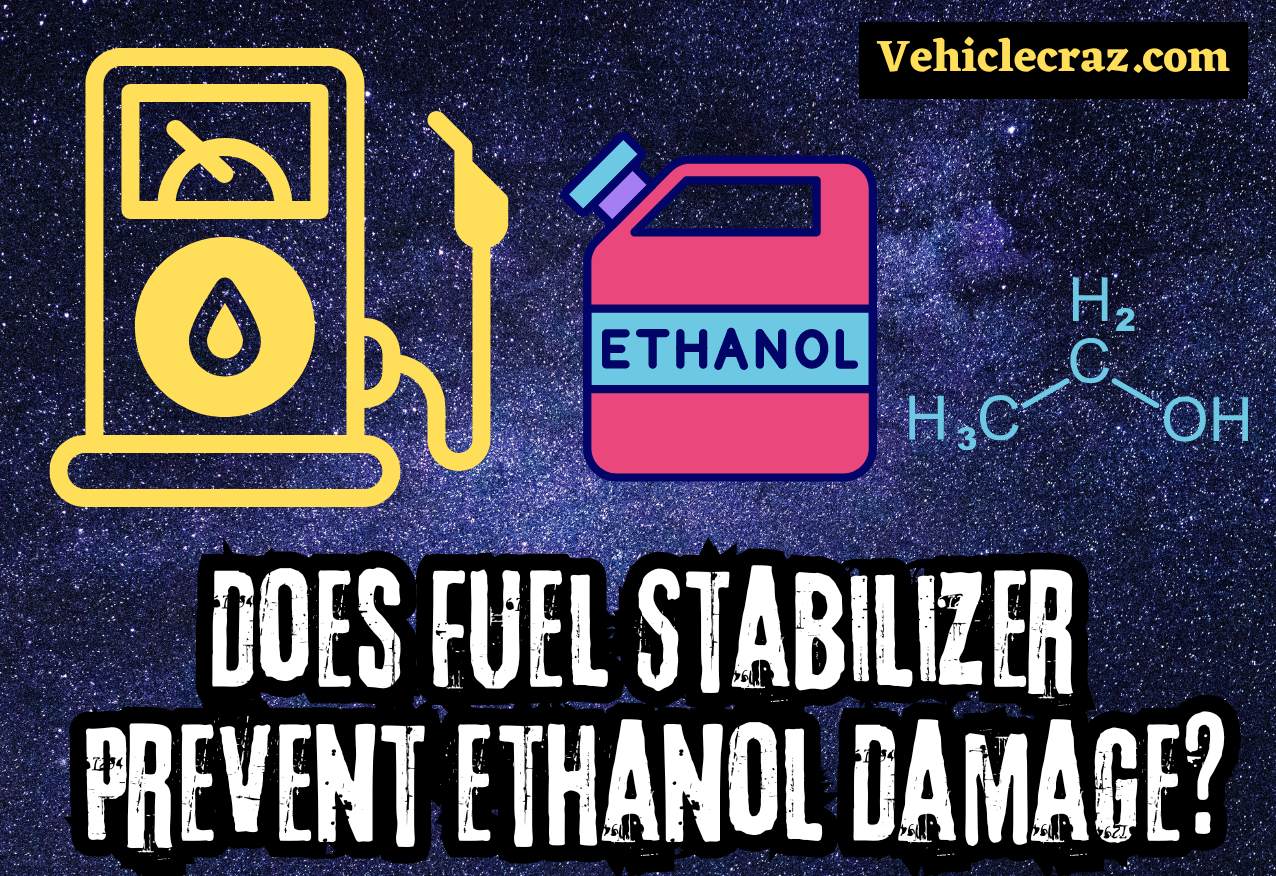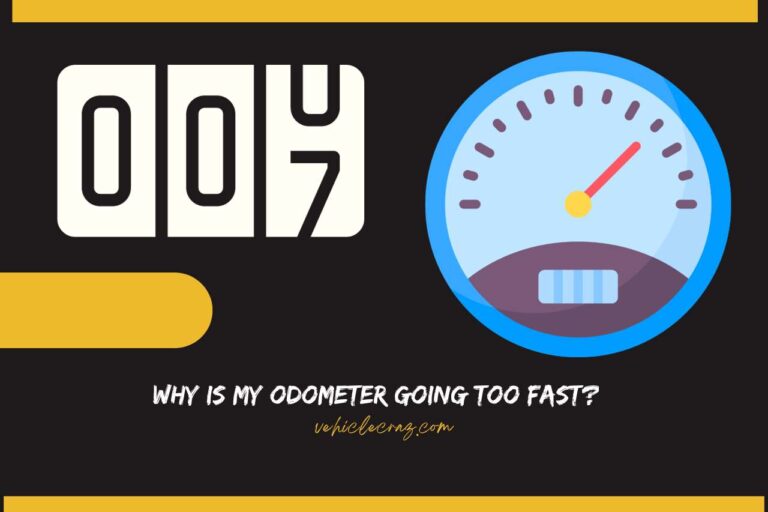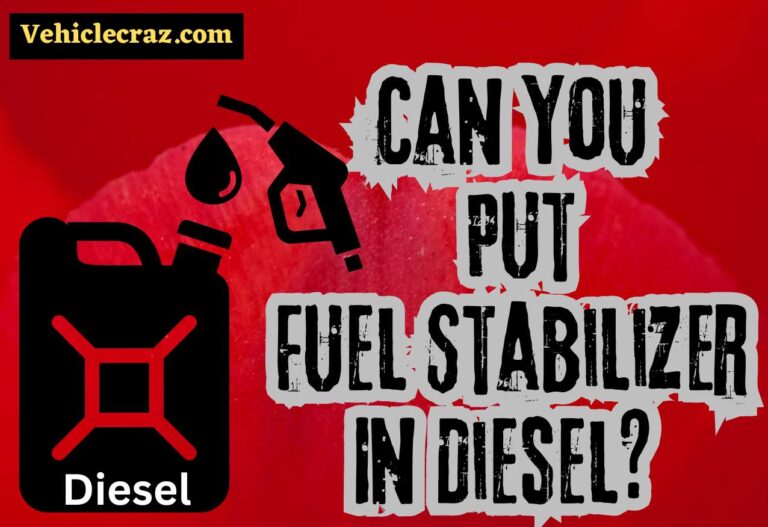Does Fuel Stabilizer Prevent Ethanol Damage?
Ethanol can cause various issues in engines, especially in small engines, classic cars, and equipment that are not used regularly. Can you mitigate that issue by using fuel stabilizers? Does fuel stabilizer prevent ethanol damage? Let’s discuss.
How Does Ethanol in Fuels Cause Issues?
Ethanol, when present in fuels, can cause several issues due to its chemical properties and interactions with fuel systems. One significant problem is its affinity for water, leading to moisture absorption from the air.
This can result in phase separation, where water and ethanol separate from the gasoline, causing poor engine performance and starting issues. Additionally, ethanol can be corrosive to certain metals and materials used in fuel systems, such as aluminum, brass, and rubber, leading to corrosion of fuel lines, tanks, and other components.
Ethanol can also degrade fuel components over time, potentially causing leaks and other issues. Furthermore, ethanol has a lower energy content compared to gasoline, which can reduce fuel efficiency and performance. In cold weather, ethanol-blended fuels can be more challenging to start due to their higher vapor pressure and lower energy content.
Compatibility can be an issue as well, especially for older vehicles and equipment not designed to run on ethanol-blended fuels. This can lead to compatibility issues and potential damage to fuel systems.
Despite these challenges, ethanol has benefits such as reducing greenhouse gas emissions and decreasing dependence on fossil fuels. Proper management, including the use of fuel stabilizers designed for ethanol-blended fuels, can help mitigate these issues and ensure smooth engine operation.
Does Fuel Stabilizer Prevent Ethanol Damage?
Yes, fuel stabilizers can indeed help prevent ethanol damage in several ways. Ethanol-blended fuels are known to cause issues such as phase separation, water absorption, and corrosion in fuel systems, especially in engines that are not used regularly. Here’s how fuel stabilizers can mitigate these problems:
- Fuel stabilizers contain chemicals that can absorb small amounts of water, which helps prevent phase separation. They also contain emulsifiers that can help blend any water that does get into the fuel, reducing the likelihood of phase separation.
- Ethanol can be corrosive to certain metals and materials found in fuel systems. Fuel stabilizers often contain corrosion inhibitors that form a protective barrier on metal surfaces, preventing corrosion caused by ethanol.
- Fuel stabilizers contain antioxidants that help prevent the oxidation of fuel, which can lead to the formation of gums and varnishes. These deposits can clog fuel injectors and carburetors, leading to engine performance issues.
- By reducing the effects of water absorption, corrosion, and oxidation, fuel stabilizers help maintain the quality of the fuel over time. This ensures that the fuel remains combustible and performs as intended.
It’s important to note that while fuel stabilizers can help mitigate ethanol-related issues, they are not a cure-all. Proper storage and handling of fuel, as well as regular maintenance of fuel systems, are also important in preventing ethanol damage.
How Long Does Ethanol Gas Last With Stabilizers?
The effectiveness of fuel stabilizers in prolonging the shelf life of ethanol-blended gasoline can vary depending on the specific product and storage conditions. However, when used according to the manufacturer’s instructions, fuel stabilizers can typically help maintain the quality of ethanol gasoline for up to 12 months or longer.
It’s important to store the gasoline in a tightly sealed container, away from direct sunlight, and in a cool, dry place to maximize the effectiveness of the stabilizer. Additionally, using a fuel stabilizer with the correct dosage for the amount of fuel being treated is crucial for optimal results.
Regularly inspecting stored fuel for signs of degradation, such as phase separation or foul odors, can help determine if the stabilizer is still effective. If stored properly and with the correct use of a stabilizer, ethanol gasoline can remain usable for an extended period, making it a viable option for seasonal equipment or vehicles that are not used frequently.
How Do I Protect My Engine From Ethanol?
Protecting your engine from the potential harmful effects of ethanol in gasoline requires a combination of preventive measures and regular maintenance. To start, it’s advisable to use high-quality fuel and avoid higher ethanol blends like E15, sticking to E10 or lower if possible. Using top-tier gasoline with higher levels of detergents and additives can also help keep your engine clean and prevent deposits.
Using a fuel stabilizer designed for ethanol-blended fuels is crucial. Choose a stabilizer suitable for your needs and follow the instructions carefully, especially before long periods of storage. Regularly inspect your fuel system for leaks, corrosion, and other issues, and replace fuel filters as recommended to prevent debris from entering your engine.
When storing your vehicle or equipment for an extended period, add a fuel stabilizer to the tank and consider draining the carburetor to prevent ethanol buildup. Keeping your tank full reduces the amount of air in the tank, reducing the risk of condensation and water buildup. If possible, run your engine regularly to keep fuel flowing and prevent buildup.
Consider using ethanol-free gasoline for equipment or vehicles that are not used frequently, as it can help avoid the potential issues associated with ethanol. Regular maintenance following your vehicle or equipment’s manual is essential to identify and address issues before they become serious problems.
By following these tips, you can help protect your engine from the potential harmful effects of ethanol in gasoline, ensuring reliable performance and longevity.


I’m Alex, a seasoned mechanical teacher with over 20 years of hands-on experience in Australia. My passion for all things automotive has driven me to establish this blog, aiming to share my wealth of knowledge and expertise with fellow enthusiasts, DIYers, and anyone keen on understanding the mechanics behind the machines we rely on daily.







